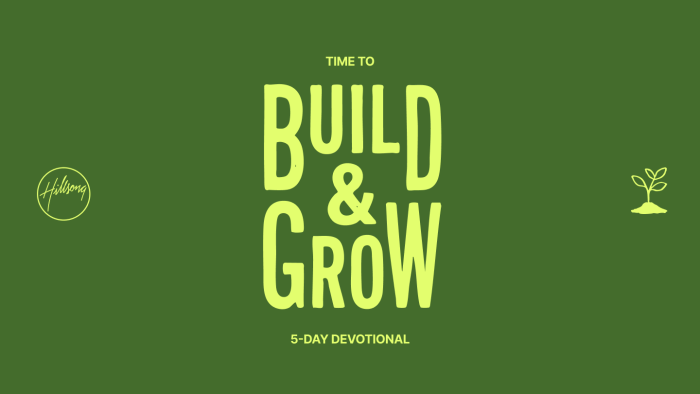I grew up in the 1980s, when phones were not mobile, neon t-shirts became a thing, and U2 topped the charts. It was the turbo-charged era of aspiration and materialism. I had a bike, but my friend had a better one. My dad had a decent car, but our neighbour had a better one. Our family went on holidays down the coast, but some of our friends went on overseas holidays to exotic locations.
Life became a competition to prove your value and worth in terms of the stuff you could get, or the places you could go. I started to play the conspicuous-consumption game, too. No matter what I had – a new bike, a car, clothes – there was always something more that I wanted.
Without realising it, I found myself caught up in the tyranny of more – where contentment is short-lived and there’s always something bigger and better around the corner. It’s so human to be seduced by the desire for more stuff, more status, more influence, you name it. But that desire is insatiable. It’s not a bad thing to have ambition – to aspire to do something of value and significance, or to aim to improve your personal circumstances. But if we’re not careful, we can get our priorities skewed and wear ourselves out striving for more of what the world has to offer while neglecting the things that really matter and will truly satisfy us.
What you have doesn’t define who you are. Jesus asks: “And what do you benefit if you gain the whole world but lose your own soul?” (Mark 8:36 NLT). Personally, I don’t want to end up chasing after things and losing sight of the most important things: to live in a close relationship with God, to have meaningful and joyful relationships with the people I love, and to do work that is purposeful and adds value.
God has a great plan for your life, and for mine too. The Bible refers to this plan as “a race”. We read in Hebrews 12:1 (BSB): “Therefore, since we are surrounded by such a great cloud of witnesses, let us throw off every encumbrance and the sin that so easily entangles, and let us run with endurance the race set out for us.”
The question is: which race are you running? The race to climb the ladder and have more of everything? (In which everyone else is a competitor.) Or the race to follow God and become the person He created you to be? (Irrespective of what everyone else is doing.)
Moses chose to leave a luxurious life in Egypt to follow God and be obedient to God’s call on his life. Hebrews 11:24–27 (MSG) says: “By faith, Moses, when grown, refused the privileges of the Egyptian royal house. He chose a hard life with God’s people rather than an opportunistic soft life of sin with the oppressors. He valued suffering in the Messiah’s camp far greater than Egyptian wealth because he was looking ahead, anticipating the payoff … He had his eye on the One no eye can see, and kept right on going.”
Moses became a better man not because of what he had but because of the hard choices he made. This was costly to him but beneficial to many. His reward was a close and intimate walk with God, in which the Lord spoke to him “face to face, as one speaks to a friend.” (Exodus 33:11 NLT). God told Moses: “My presence will go with you. I’ll see the journey to the end.” (Exodus 33:14 MSG).
This is also God’s promise to us when we follow Him wholeheartedly.
Bible Reading (NLT):
Mark 8:36
Hebrews 12:1
Hebrews 11:24–27
Exodus 33:11
Exodus 33:14

